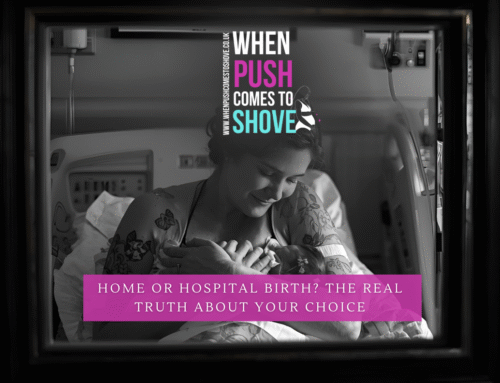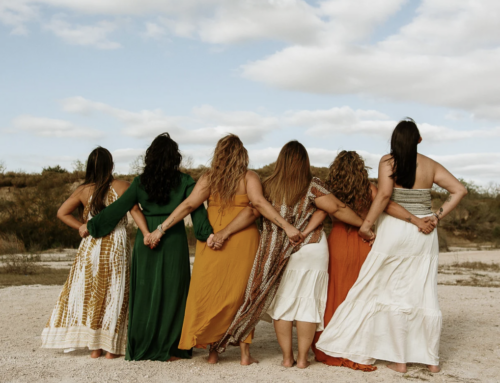Navigating the Freebirth Journey: How to Legally Notify Your Baby Post-Unassisted Birth
Introduction
Welcoming a new life into the world through freebirth, or unassisted childbirth, is a profound and deeply personal decision. However, it’s essential to understand the legalities involved post-birth, especially when it comes to registering your newborn. This blog post aims to guide those who have chosen or are considering a freebirth on how to navigate the process of legally registering their baby, while avoiding the ongoing common law debate as it falls outside our remit.
Understanding the Legal Requirements
Under the ‘Notifications of Birth Act 1907,’ parents are mandated to notify the ‘Child Health and Information Service’ of a birth within 36 hours. Typically, this is a task performed by a midwife, but in the case of a freebirth, the responsibility falls on the parents.
Pre-Birth Preparation
Identifying the Chief Administrative Medical Officer: The Act specifies that the birth should be notified to the ‘Chief administrative medical officer of the health board for the area.’ Identifying this person or office in advance is crucial.
Communicating with Health Professionals: Some parents choose to preemptively email the head of midwifery or relevant health officials about their plans to freebirth. For those who need a template letter for this purpose, our sister website, Artemis Academy, offers free template letters. This step can facilitate smoother post-birth processes and help avoid potential issues such as accusations of concealing a pregnancy or involvement from social services.
Post-Birth Notification
Why Physical Verification is Necessary: Health professionals typically need to see the newborn in person. This step is required for safeguarding the child’s welfare and preventing fraud.
Challenges in the Process: Notifying authorities after an unassisted birth can be complicated due to unfamiliarity among staff with the process. Preparation and clear communication are key.
Registration vs. Notification
It’s important to distinguish between ‘notifying’ and ‘registering’ a birth. After notifying the appropriate health board and obtaining an NHS number for your baby, you must also register the birth.
Timeframe for Registration: You are legally required to register your baby’s birth within 42 days. This registration is done with the Registrar of Births and Deaths in your area.
Conclusion
Having touched on the topic of registering a newborn after a freebirth, I want to clarify that this blog steers clear of the ongoing common law debate. My focus is on outlining the legal procedures as they currently stand. While I have extensive experience supporting families through interactions with social services, I understand that the family courts often don’t prioritise whether a child has been registered or not. This lack of registration, lawful or not, can unfortunately become a significant issue in some cases.
I don’t intend to instil fear; my goal is to support informed consent and personal decisions. If you feel that not registering your baby aligns with your beliefs, I respect that choice. The world has enough coercion, and I have no intention of adding to it. My stance is about promoting choice.
While I share my experiences and insights, I encourage everyone to make informed choices that are right for their family. This aims to provide you with the necessary information to help you navigate these decisions, keeping in mind that every family’s journey is unique and deserves respect and understanding.
Choosing to freebirth is a significant decision that comes with unique responsibilities, particularly regarding the legalities post-birth. By understanding and preparing for the process of notifying and registering your baby’s birth, you can ensure that your child’s entry into the world is recognised and documented in accordance with legal requirements. While the journey might seem daunting, proper preparation and communication, including notifying your trust of your intent to freebirth, can make the process smoother and less stressful.
If you’re passionate about providing support and guidance to families during one of the most transformative times in their lives, our ‘The Childbirth Companion & Advocacy‘ course might be the perfect opportunity for you. This certified course is designed for those who wish to deeply engage in helping others navigate the intricacies of childbirth, particularly focusing on holistic care and advocacy.
If you need one-one holistic maternity care, please reach out to us to find the perfect birth keeper for you. We serve women, NOT the system.
This is the future of maternity care, this is When Push Comes To Shove.








